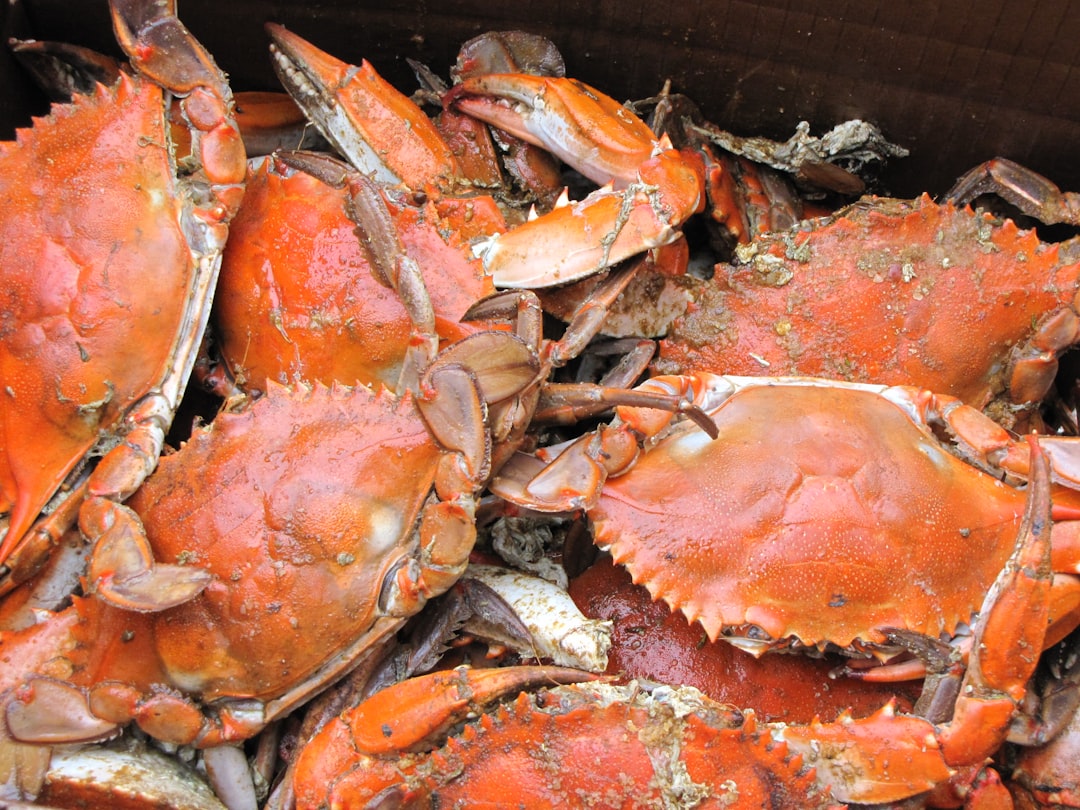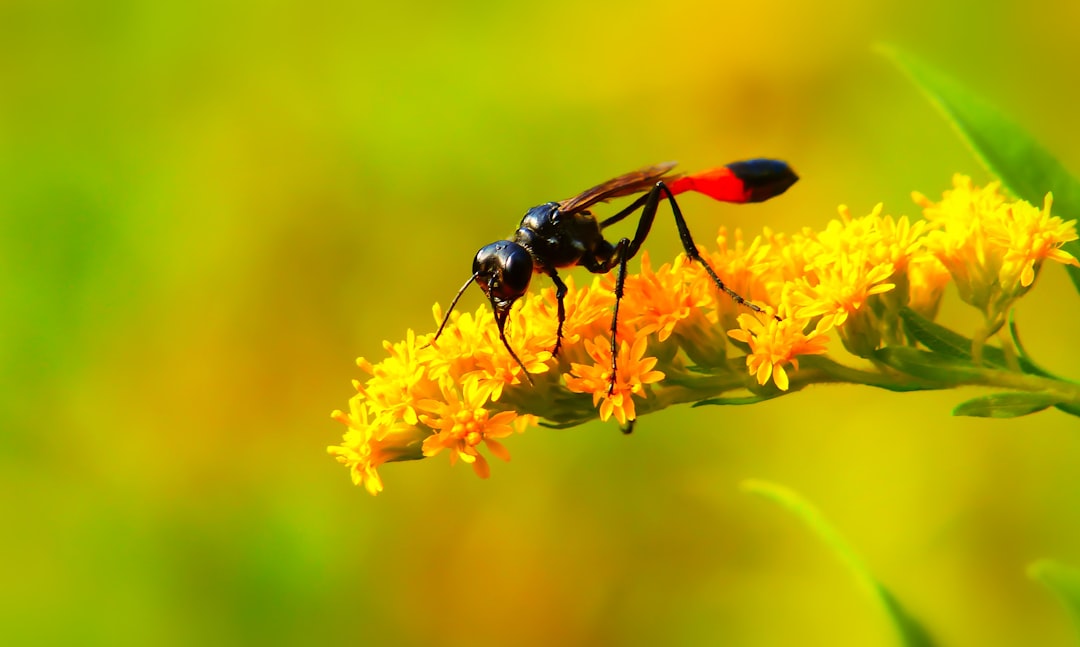What is it about?
We have shown that the lynx spider Oxyopes javanus is associated with tea plants and predate upon the sucking pest, tea mosquito bug (Helopeltis theivora) in sub-Himalayan plantations of North East India. The feeding potential, efficacy and rate of predation of the lynx spider increased with the prey density. Per capita predation rates of female spider was about four fold over that of male. At a small prey density, the predation rate was highest, reaching up to 100%, indicating that the spider, O. javanus has the potential to eliminate smaller pest population. The prey searching efficacy, handling time and predation effectiveness, of female spider was several fold higher than that of male.
Featured Image
Why is it important?
It is apparent that conservation and augmentation of the lynx spider in the tea ecosystem can provide effective biological management of the major tea pest, H. theivora.
Perspectives
The article will help the plant protectionists for better management of the tea mosquito without over-relying on the chemical pesticides.
ANANDA MUKHOPADHYAY
University of North Bengal
Read the Original
This page is a summary of: Biocontrol potential of the lynx spider Oxyopes javanus (Araneae: Oxyopidae) against the tea mosquito bug, Helopeltis theivora (Heteroptera: Miridae), International Journal of Tropical Insect Science, October 2014, Cambridge University Press,
DOI: 10.1017/s1742758414000538.
You can read the full text:
Contributors
The following have contributed to this page










